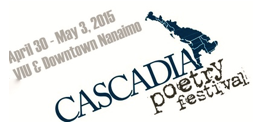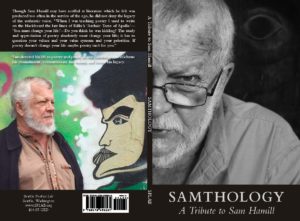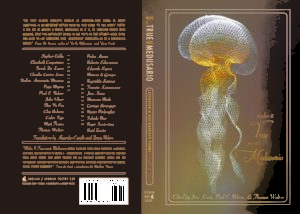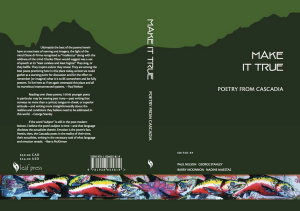She was named by BUST magazine as “the rock star of modern poetry” & that would usually be the death knell for a poet in my book, but in the case of Eileen Myles, it’s only slightly hyperbolic. She was at Elliott Bay Book last night for a Wave Press authors event and unlike Maggie Nelson, who also read, the book Myles was promoting was not a Wave title. Myles acknowledged this by saying it was kinda like having an affair.
Author of over twenty books of poetry and prose, including the 2007 Wave book Sorry Tree, Eileen is a Massachusetts native who came to age as a poet in New York. Like many poets of the New York School, there is a bright intelligence in her work. Unlike many poets of that same school, there is a huge amount of heart in her best writing, though never coming close to being sentimental.
The new book is a collection of essays and blog posts, and if the selections she read at Elliott Bay are any indication, the wit, humor and dead-on perception of her previous work continues. While this book does include the earlier essay “The End of New England,” with its notion of a re-embodied poetics, as well as a short piece on her mentor Ted Berrigan’s seminal work The Sonnets, “(monuments written by a young man walking through the graveyard of literature),” her language continues to be as fresh as it gets, as are her ideas.
The highlight of the reading was an excerpt from Eye: The Poems of Jimmy Schuyler. It’s a 2005 essay in which she points out the lack of sentimentality of Schuyler’s poem “Salute”:
Past is past, and if one
remembers what one meant
to do and never did, is
not to have thought to do
enough? Like that gather-
ing of one of each I
planned, to gather one
of each kind of clover,
daisy, paintbrush that
grew in that field
the cabin stood in and
study them one afternoon
before they wilted. Past
is past. I salute
that various field.
Myles sees the poem as part creation myth, part science project, and calls Schuyler a “creepy scientist and a dark one to boot.” The poem, for Myles, and the major New York School poet with whom she “studied” and for whom she used to make French Toast and confide in, the poem was about closing the distance, about being in the moment and having a poem reflect that being, rather than be something that describes the thought about the moment. It’s a huge distinction and Myles gets it like few these days do. I bought Sorry Tree at a rare Wave Books event in Seattle and read half of it on the 7 on the way home.
Myles reads her work, explains why it’s more relevant that the kind of academic verse rampant in the US at this time, and talks about other things, in the SPLAB audio archive. (Up soon!)




